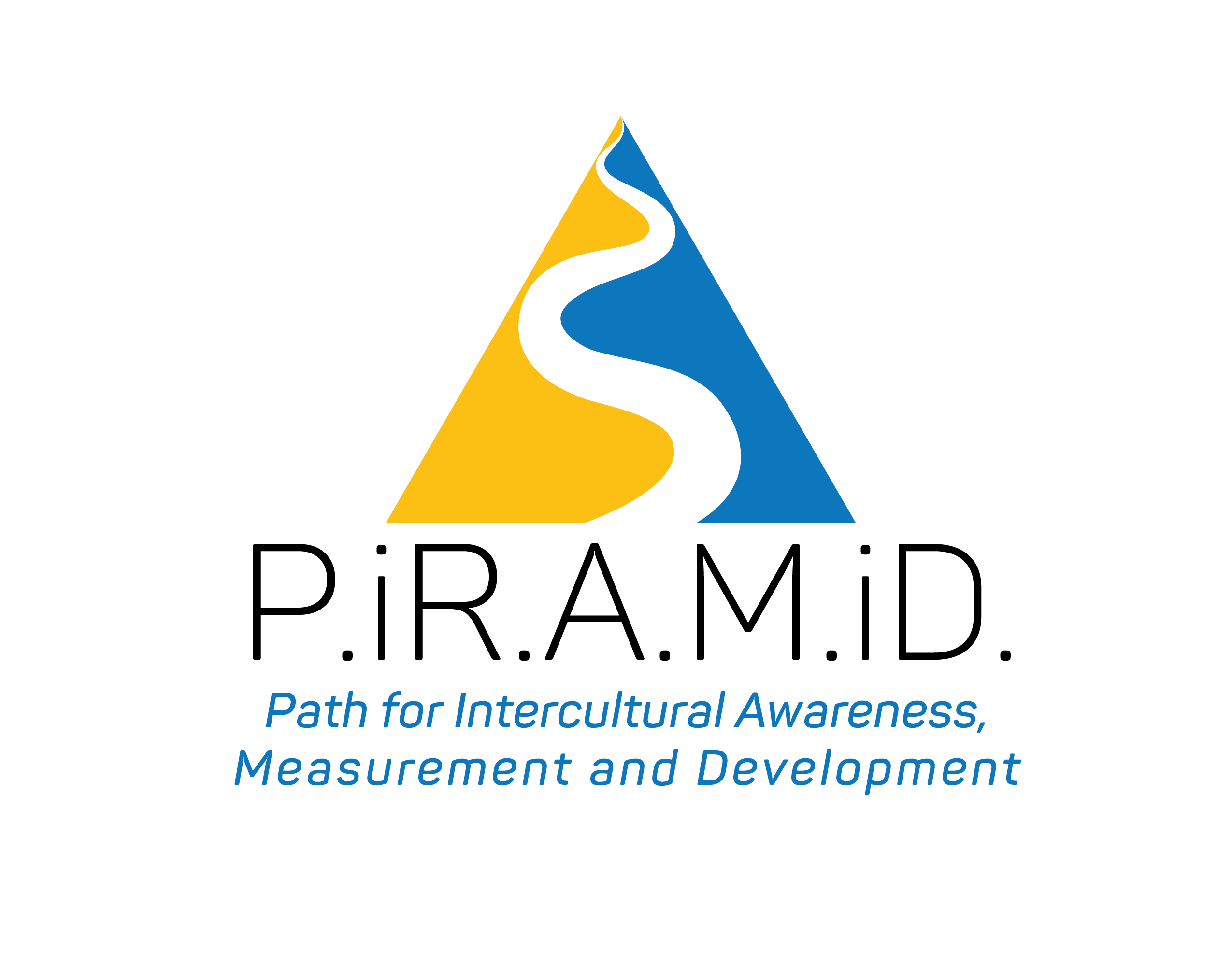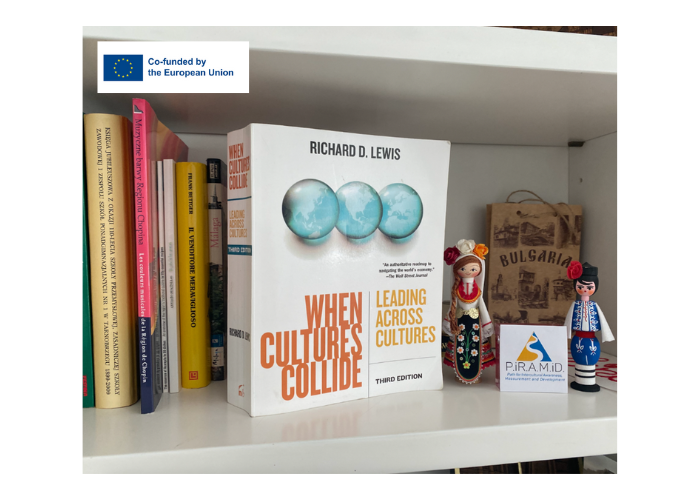This website use cookies to ensure you get the best experience on our website

P.IR.A.M.iD
2023-1-ES01-KA220-VET-000157060
Unveiling Bulgaria: Exploring the Cultural Tapestry of a Mountainous Level
18 July 2024

In the education and tourism industries, especially when interacting with diverse cultures like Bulgarians, it's vital to not only understand them intellectually but also connect with them emotionally. Building strong relationships is key. One effective way to achieve this is by demonstrating your appreciation for Bulgarian culture, traditions, and their global impact, so you can make a good impression on them. Let’s review some cultural facts!
Bulgaria has a fascinating history filled with unique traditions. One of the things they really love is their folk music and dances. For Bulgarians, these dances, like the horo, are more than just entertainment; they're a way to celebrate their heritage and come together as a community. The horo, in particular, is a traditional Bulgarian dance where people join hands and move in a circle, often accompanied by lively music. It's a beautiful expression of their culture and unity. Folk music is deeply ingrained in the nation's cultural heritage, reflecting its values and emotions. With its distinctive rhythms and melodies, Bulgarian folk music has gained recognition worldwide for its beauty and complexity. By the way, "Byala Roza" by Slavka Kalcheva is indeed a popular Bulgarian song, which is often associated with folk music due to its popularity and widespread recognition. In addition, this country is famous for its wine making traditions and high-quality wines.
Bulgarians have a long and storied history, marked by acts of bravery and resilience. Throughout the centuries, they have faced numerous challenges with courage and determination, earning a reputation for their indomitable spirit. From ancient times to modern struggles, Bulgarians have shown remarkable bravery in defending their land, culture, and identity.
In addition, this beautiful country is known for its diverse natural landscapes, encompassing majestic mountain ranges, verdant forests, idyllic coastlines along the Black Sea, and serene lakes. These captivating features make Bulgaria a sought-after destination for tourism throughout the year. During the winter months, visitors flock to famous mountain resorts such as Bansko and Borovets to indulge in world-class skiing and snowboarding experiences. In contrast, the summer season beckons travelers to coastal destinations like Sunny Beach and Golden Sands, renowned for their sandy beaches and azure waters. Additionally, Bulgaria offers enchanting natural attractions such as the Rila Lakes and the Rhodope Mountains, providing opportunities for outdoor enthusiasts to immerse themselves in pristine wilderness settings.
Furthermore, Bulgaria has made significant contributions to the world, including its role in the development of the Cyrillic alphabet. Created by the Byzantine brothers Cyril and Methodius in the 9th century, Cyrillic is used today by millions of people across Eastern Europe and beyond. This alphabet has played a crucial role in preserving and disseminating Slavic languages. Additionally, the country has produced influential literary figures, including Ivan Vazov, whose works have left an indelible mark on world literature. Recognizing these achievements can make Bulgarians feel proud and respected.
In summary, learning about Bulgarian culture, traditions, and history helps us connect better with Bulgarian teachers, students, or tourists. Understanding their unique customs, lively folk music, and courageous history gives us a deeper respect for Bulgaria and its people. With this knowledge, we can build strong bonds and enjoy meaningful interactions with Bulgarians wherever we meet them.
References: Richard D. Lewis's Pyramid Model of Cultural Differences

This project has been funded with support from the European Commission.
This publication reflects the views only of the authors, and the Commission cannot be held responsible for any use which may be made of the information contained therein.
